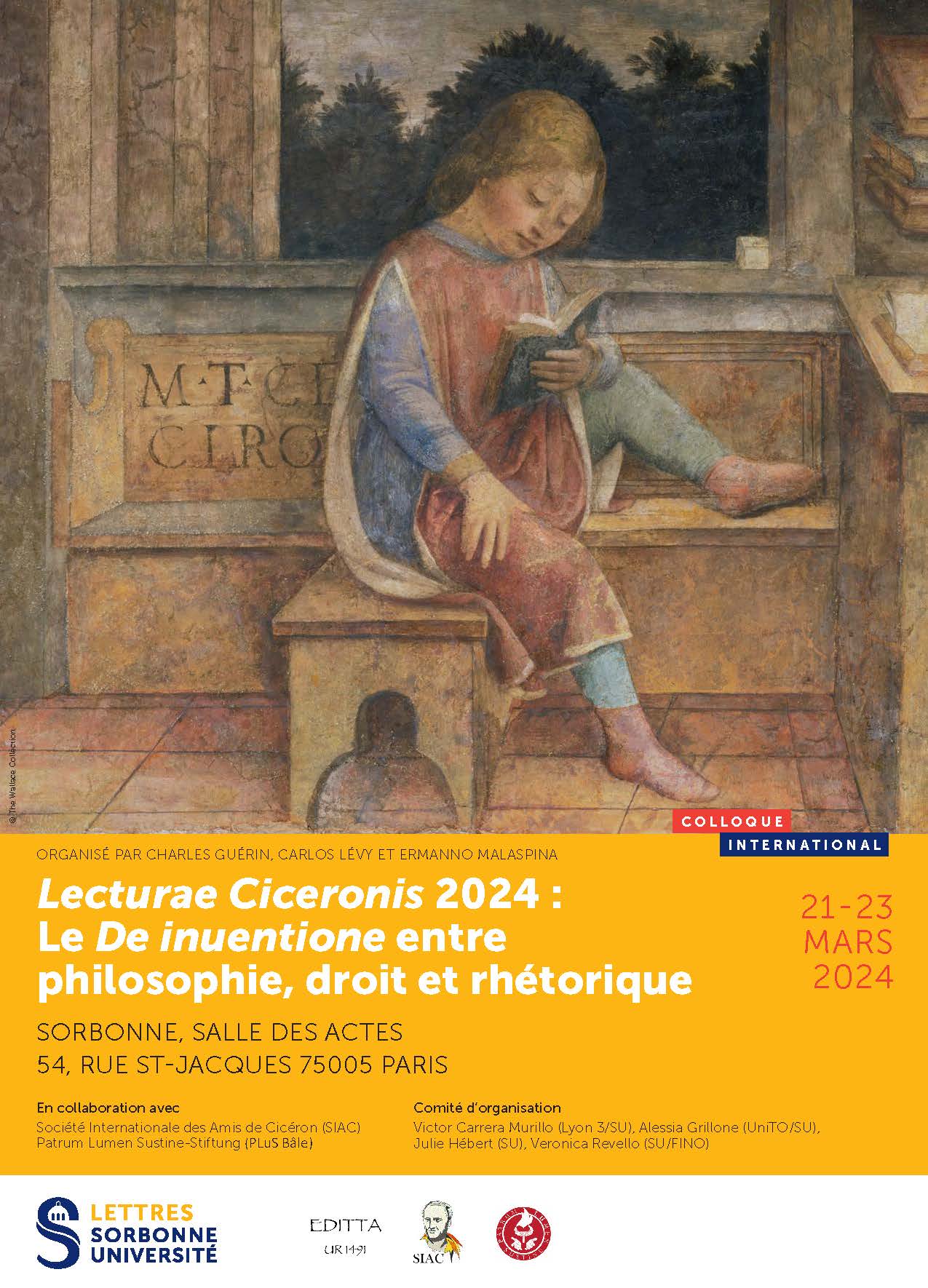The Myth of the Birth of Rhetoric and the Vocabulary of Progress in Cicero's De inventione
DOI:
https://doi.org/10.13135/2532-5353/11653Abstract
This paper discusses the myth of the birth of rhetoric in De inventione 1, 2. As this turns out to be the first example of the myth of progress in Latin literature, the main aim is to verify to what extent the version of the De inventione influenced the vocabulary of this kind of myths in several Latin authors after Cicero. I also provide an overview of the possible Greek sources Cicero drew on in writing his own version. Finally, as the path of progress leads humankind to the idea of civilization, which can be called humanitas in Latin, I
also put forward a hypothesis regarding the time when the noun humanitas entered into the Latin language.
Downloads
Downloads
Published
How to Cite
Issue
Section
License

This work is licensed under a Creative Commons Attribution-ShareAlike 4.0 International License.
Authors who publish with this journal agree to the following terms:
- Authors retain copyright and grant the journal right of first publication with the work simultaneously licensed under a Creative Commons Attribution License that allows others to share the work with an acknowledgement of the work's authorship and initial publication in this journal.
- Authors are able to enter into separate, additional contractual arrangements for the non-exclusive distribution of the journal's published version of the work (e.g., post it to an institutional repository or publish it in a book), with an acknowledgement of its initial publication in this journal.


 Ciceroniana On Line is recognised by ANVUR (the National Agency for the Evaluation of the University System and Research) as a CLASS A journal for the Sciences of Antiquity, Philology, Literature and History of Art (
Ciceroniana On Line is recognised by ANVUR (the National Agency for the Evaluation of the University System and Research) as a CLASS A journal for the Sciences of Antiquity, Philology, Literature and History of Art ( The journal is included in DOAJ. The DOAJ listing of the journals is available at
The journal is included in DOAJ. The DOAJ listing of the journals is available at  The journal is indexed in
The journal is indexed in  The journal has been included in ERIH PLUS. The ERIH PLUS listing of the journals is available at
The journal has been included in ERIH PLUS. The ERIH PLUS listing of the journals is available at 

